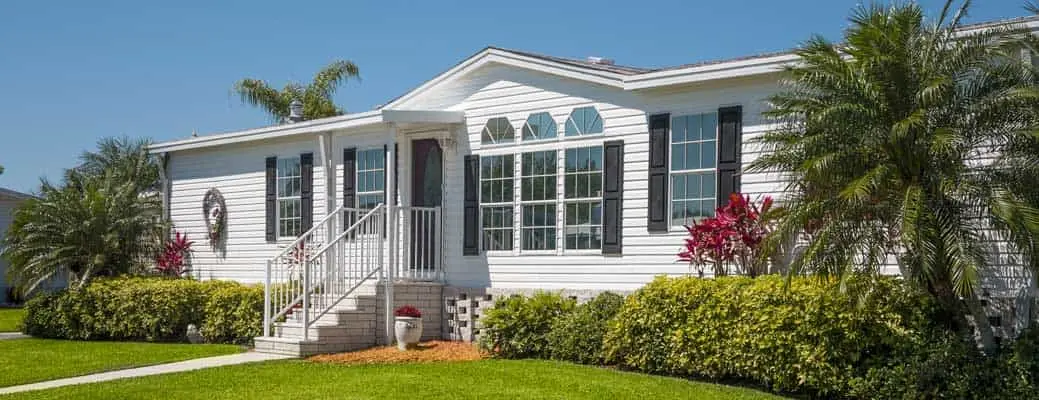Your Guide to Mobile Home Insurance


It’s always smart to protect your home with insurance. Whether you rent or own your home, whether you live in a condo, a ranch home or anything in between — you want the place where you spend your time to be protected. But some types of homes require a different sort of insurance than others. That includes mobile home insurance. Yes, the coverage for mobile homes is similar to a homeowners insurance policy, but there are some differences.
So, what does mobile home insurance cover? Here’s what you need to know.
First of all, you have to be sure you’re using the correct terminology when shopping for an insurance policy. The terms “mobile home” and “manufactured home” are often used interchangeably, but according to the U.S. Department of Housing and Urban Development (HUD), if a factory-built home is constructed before June 15, 1976, it is considered a mobile home. Those constructed after this date are technically called manufactured homes. While some insurers may use one term or the other, they’re the same for the purposes of insurance. Also, because a mobile home can be moved, they may require a tag with renewal each year, similar to a vehicle.
However, mobile or manufactured homes aren’t the same thing as a “modular home.” While there are similarities, modular homes are typically built on crawlspaces or basements and are delivered to the property in two or more pieces (as opposed to being delivered already set up, like a mobile or manufactured home). A modular home can usually be covered by a standard homeowners policy, but a mobile or manufactured home usually requires a special type of policy.
Mobile home insurance isn’t required by law, but it’s smart to have a policy regardless. (If you’re planning to finance your home, your lender most likely will require it.) You will most likely have to purchase mobile home insurance, but the coverages can be very similar to homeowners insurance. It will most likely cover the actual structure, other structures on your lot, personal property, and your liability to others. It probably won’t cover earthquake damage, flooding or accidents that happen when the mobile home is being moved from one place to another, unless you specifically request that such coverage be provided and pay an additional premium for the added protection.
When purchasing insurance for a mobile home, talk to your agent about what the policy covers to be sure you’re protected. You may want to consider:
Replacement cost coverage pays for a new mobile home of similar style and cost if your newer mobile home is destroyed by a covered cause of loss. At Farm Bureau Financial Services this option is available for mobile homes five years old or newer. You may need a separate limit of coverage for your detached garage.
Your mobile home policy generally will include coverage to help you repair or replace your personal items, such as your furniture, clothing, electronics, kitchenware, and appliances after a covered loss. Scheduled Personal Property insurance can protect your most valuable items, such as jewelry, fine art and other rare collectibles that may have coverage limitations under the mobile home policy. Talk with your agent about your coverage needs for your personal property, and about whether to add Scheduled Personal Property coverage for your more valuable personal items.
If someone gets hurt on your property, are you protected? Personal liability coverage can help protect you against having to make out-of-pocket payments should a liability claim or lawsuit be presented following an event that occurs at your home and that results in substantial injuries or damages.
Residential equipment breakdown coverage can protect your home systems in the event they break down. This includes furnaces, air conditioners, hot water heaters and other appliances — it covers just about anything you might plug into your wall.
Farm Bureau can help you protect the things that matter most, whether it’s your home, your family or your future. Schedule a SuperCheck with your local Farm Bureau agent today to learn how we can help create a plan that’s right for you.